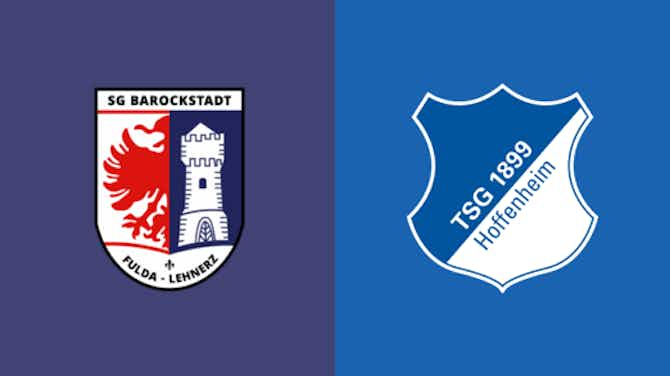OneFootball
Dan Burke·23 April 2019
Raheem Sterling calls for nine-point deduction for racist abuse

OneFootball
Dan Burke·23 April 2019

Manchester City winger Raheem Sterling has called for harsher punishments for clubs whose fans are found guilty of racist abuse.
Sterling was on the receiving end of a high-profile incident of racism when City played away at Chelsea earlier this season, and was also part of the England team who were subjected to alleged monkey chants when they played in Montenegro last month.
The 24-year-old has previously stated his belief that players should not walk off the pitch in response to incidents of racism, and now he has proposed a number of strict punishments which he believes will act as deterrents.

“I don’t think generally that walking off is a great solution, but players should not be punished for it,” wrote Sterling in an article penned for The Times.
“Punishments need to be harsher and money just doesn’t hurt the rich clubs or football associations. So I would call for an automatic nine-point deduction for racist abuse.
“It sounds harsh but which fan will risk racist behaviour if it might relegate their team or ruin their title bid?
“As well as that, the club should have to play three games behind closed doors. That way, they lose revenue as a direct consequence of racist behaviour.”
Sterling also believes sponsors and the media have a big role to play in eradicating racism from football, while he also says people using social media to spread racist abuse should be banned and reported to the police.
But perhaps the England international’s most revolutionary proposal would see clubs and governing bodies obliged to appoint more black, Asian and minority ethnic (BAME) in positions of power.
“The aim should be for that number to be the same percentage as players on the pitch,” he writes.
“For example, black players make up about 25 to 30 per cent of teams in the top four divisions, so that should be mirrored with coaches (it is now about 4 per cent) and in boardrooms (0.5 per cent).
“By doing that, there will be people looking out for black players and holding anyone to account who acts in a racist way. It also sends black players the message that they can go on to have a career in the game after they retire.”
Sterling’s article was written as part of a new manifesto produced by The Times, which aims to tackle football’s problem with racism and has so far been signed by a number of other high-profile figures in the game, such as City captain Vincent Kompany, Liverpool’s Trent Alexander-Arnold and Juventus and England Women’s forward Eni Aluko.
“When I have been racially abused I have not felt really angry, just massively disappointed,” added Sterling.
“It’s crazy that it happens. I normally don’t let it get to me but, on the rare occasions it does, like when a guy kicked me and insulted my mum and my daughter, I try to take my frustration out on the pitch.
“The game after that happened I used my anger to score twice against Tottenham Hotspur. And it’s sad because being black does not make me a minority.
“I am just a person trying to live my life without being abused.”






























































